-
New laws for digital assets in Europe – what to expect

Regulators in Europe and around the world face a delicate balancing act when it comes to emerging technologies such as blockchain and digital assets. This is the view of Yves Mersch (Member of the Executive Board at the European Central Bank) who gave a keynote address at the recent London Blockchain Conference.
-
How micropayments improve permitting and licensing processes
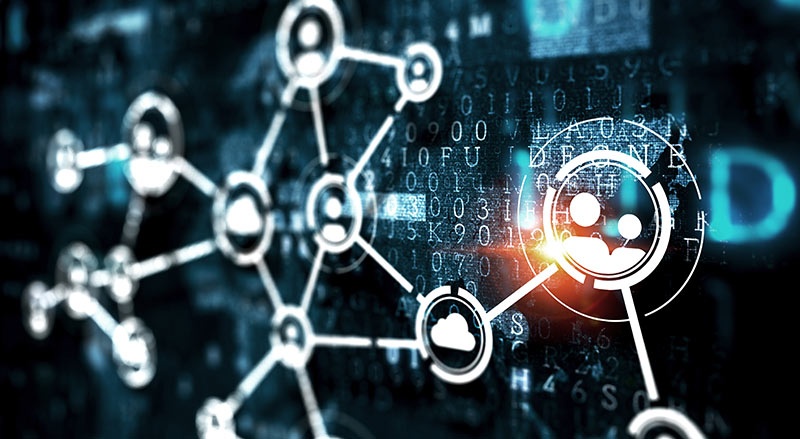
Micropayments are innovating permitting and licensing processes by increasing accessibility, enhancing efficiency, and improving the customer experience.
-
Powering a new world of streaming with NFTs and the BSV blockchain
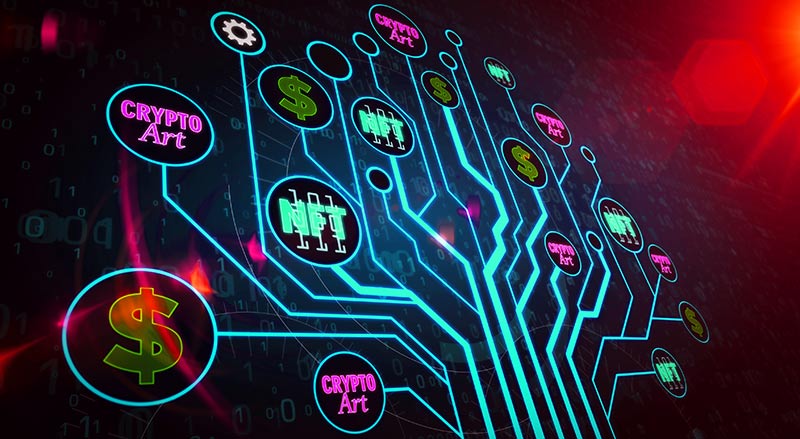
BSV blockchain-based companies like RAD are using non-fungible tokens (NFTs) to give content creators more power over their works.
-
BSV Blockchain Association announces the availability of ARC Public Beta
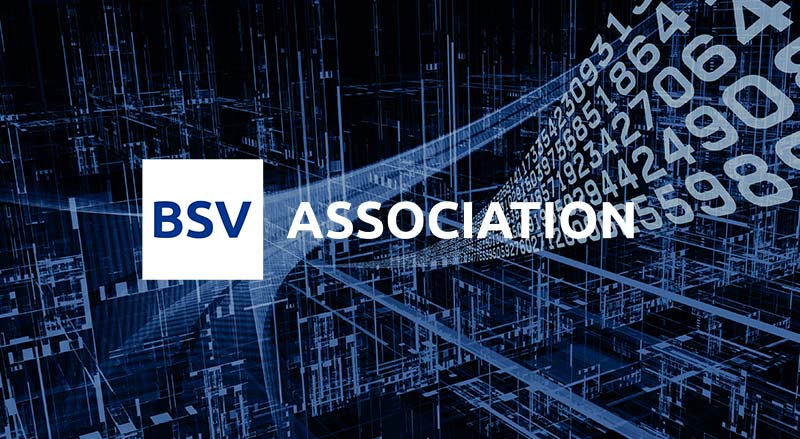
The BSV Association is pleased to announce that the ARC service has entered public beta – an acronym derived from “authoritative” (it talk directly to the nodes), “response” (it responds to queries etc.) plus “component”.
-
Web3 and its impact on the finance sector
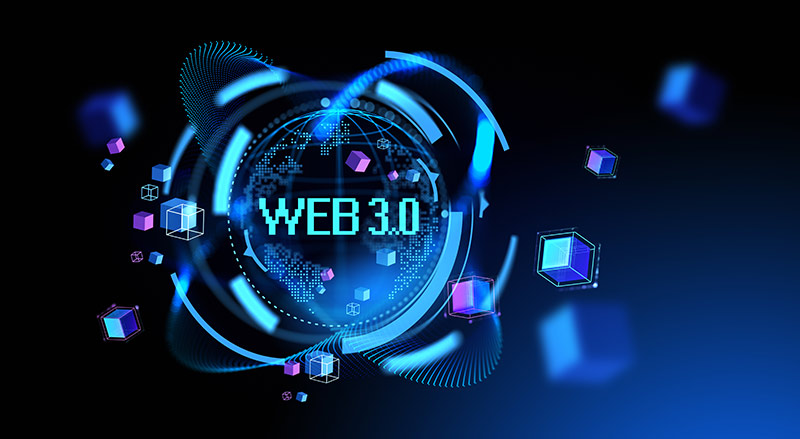
Blockchain technology will have a significant impact on traditional finance institutions – including everyone from banks to government institutions.
-
Innovation in Med-Tech: A blockchain perspective

The introduction of AI and blockchain technologies has allowed medical companies to take a new approach to data.
-
Digital Asset Recovery – Freezing and seizing lost and stolen assets
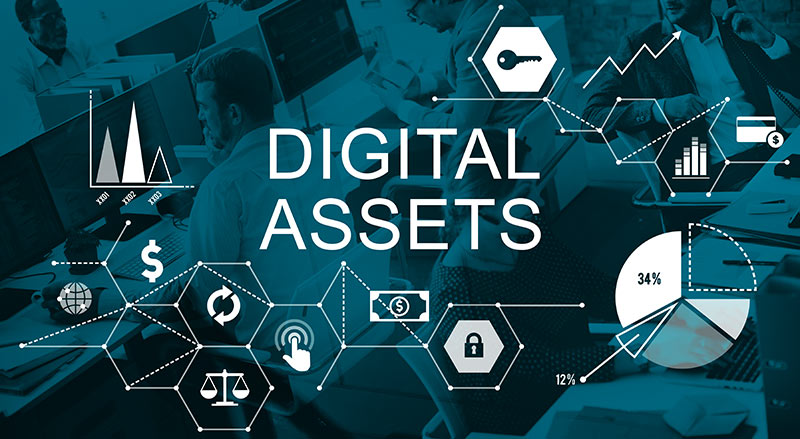
Is it possible to legally recover lost or stolen digital assets? How would this process work and what are the legal rights and duties of the different parties in such a scenario?
-
10 micropayment use cases in the private sector

Micropayments allow for new revenue streams and business models. Here we present you 10 use cases enabled by micropayments.
-
Using NFTs for identity management – How Governments can advance digital citizenship

NFTs (Non-Fungible Tokens) are primarily known for their use in the digital art and collectables space, but their unique properties could potentially be applied to various fields, including identity management by governments.
